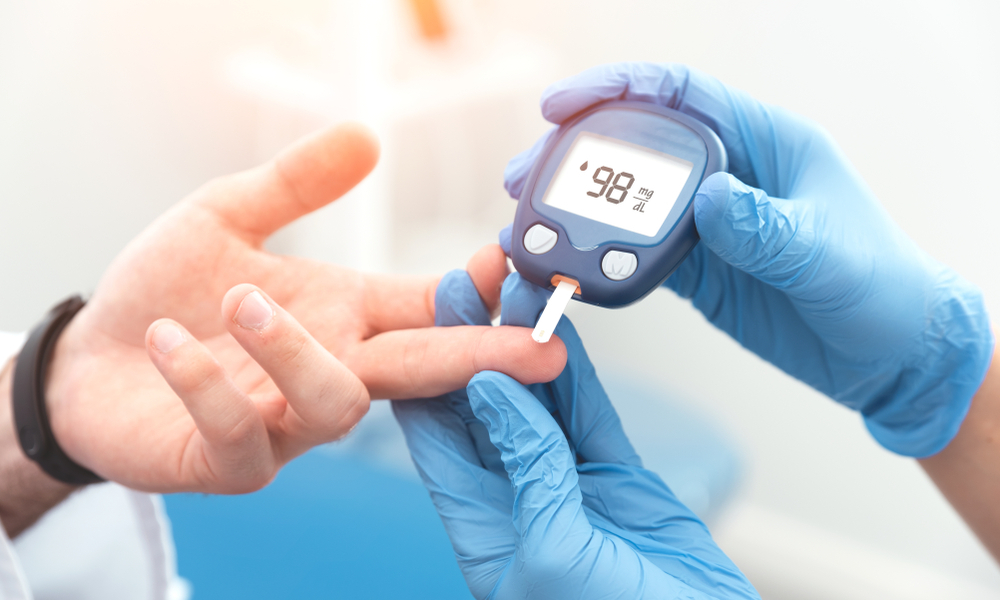Preventive healthcare is essential for maintaining overall well-being and avoiding potential health issues. At Shashwat Hospital, recognized as the best multispeciality hospital in Aundh Pune, we emphasize proactive health measures for all age groups. In this comprehensive guide, we offer practical tips to help you stay healthy at every stage of life.
For Children: Building a Strong Foundation
Ensuring good health starts early. Regular check-ups with a pediatrician can catch issues before they become serious. Immunizations are crucial to protect against various diseases. Have a balanced diet that includes a variety of nutrient-dense foods, emphasizing the consumption of fresh fruits, vibrant vegetables, and whole grains. Physical activity should also be a part of their routine, aiming for at least an hour of exercise each day.
For Teens: Navigating Growth and Development
Teenagers undergo rapid changes, making health monitoring essential. Regular screenings for vision and dental health are vital. Encourage healthy eating habits and physical activity to support growth and maintain a healthy weight. Mental health is equally important; foster open communication and provide support to address any emotional challenges.
For Adults: Maintaining Health and Vitality
As adults, routine health check-ups become more important. Regular screenings for blood pressure, cholesterol, and diabetes can help catch potential problems early. Incorporate a balanced diet, rich in nutrients and low in processed foods. Regular exercise helps manage weight, improves cardiovascular health, and reduces stress. Don’t forget to schedule routine screenings for cancer, such as mammograms and colonoscopies, as recommended by your healthcare provider.
For Seniors: Embracing Healthy Aging
Senior health requires a focus on maintaining quality of life and independence. Regular check-ups can help manage chronic conditions like arthritis or heart disease. Keep active with appropriate physical activities, such as walking or swimming, to maintain mobility and strength. Ensure your diet is abundant in calcium and vitamin D, crucial for maintaining strong and healthy bones. Regular cognitive assessments are essential for identifying early signs of cognitive decline.
General Tips for Everyone
Regardless of age, certain practices are universally beneficial. Ensure you drink ample amounts of water throughout the day to keep your body well-hydrated, Avoid smoking and excessive alcohol consumption, which can have long-term negative effects on health. Prioritize adequate sleep each night to allow your body to rest and repair. Regular health screenings and vaccinations should be part of your routine to stay ahead of potential health issues.
The Role of Shashwat Hospital
At Shashwat Hospital, the best multispeciality hospital in Aundh Pune, we are committed to providing comprehensive preventive care tailored to your needs. Our multidisciplinary team offers a range of services to support your health goals, from routine screenings to specialized care. We believe in empowering our patients with the knowledge and tools they need to stay healthy throughout their lives.
Conclusion
Preventive healthcare is a proactive approach to maintaining and enhancing health by identifying and addressing potential risk factors before they develop into serious conditions. By following these age-specific tips and leveraging the resources at Shashwat Hospital, you can enhance your well-being and lead a healthier life. Regular check-ups, a balanced lifestyle, and staying informed are key to achieving optimal health at every stage of life.



